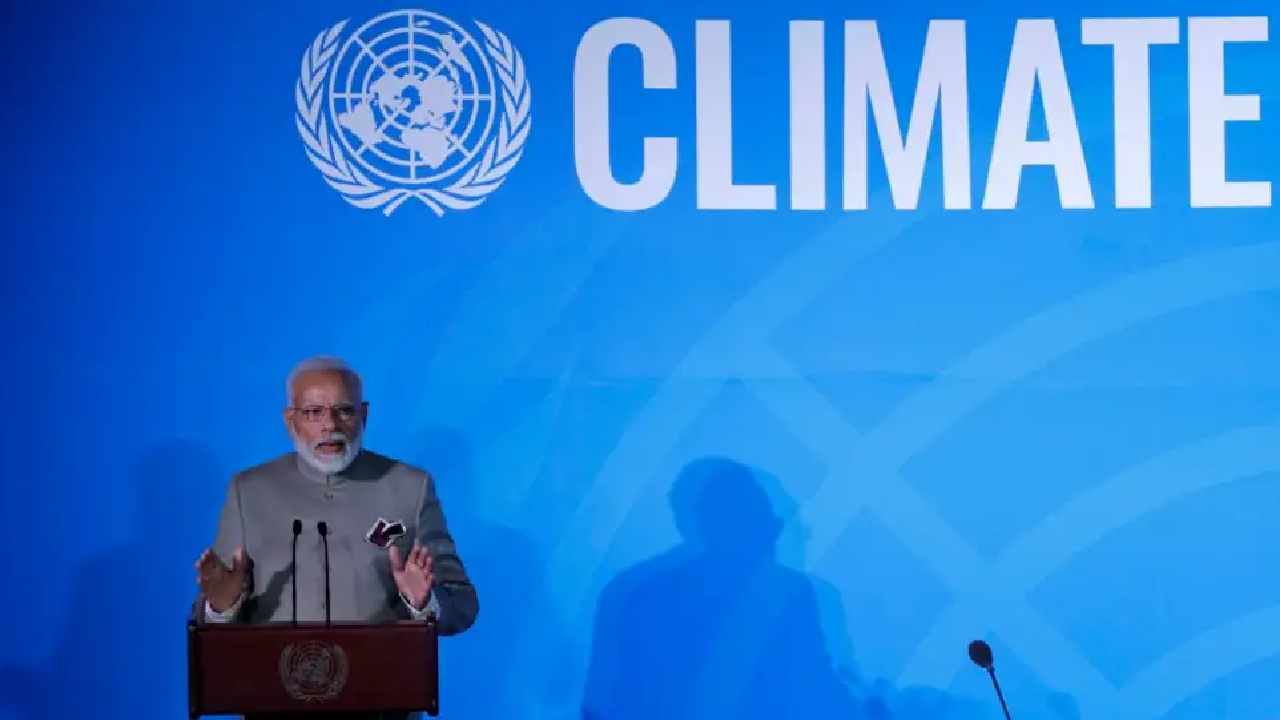The Government has approved the categorisation of the Coalition for Disaster Resilient Infrastructure (CDRI) as an ‘International Organisation’ and signing of the Headquarters Agreement (HQA) with CDRI for granting it the exemptions, immunities and privileges as contemplated under the United Nations (Privileges & Immunities) Act, 1947.
The approval came at the meeting of the Union Cabinet chaired by Prime Minister Narendra Modi. The Prime Minister returned last night from a two-country tour, during which he participated in the G-7 summit in Munich, Germany.
The categorisation of CDRI as an ‘International Organisation’ and signing of HQA with CDRI for grant of exemptions, immunities and privileges as contemplated under Section-3 of the United Nations (Privileges & Immunities) Act, 1947 will provide it an independent and international legal persona, so that it can efficiently and effectively carry out its functions internationally.
This will help the CDRI in deputing experts to other countries, that are particularly vulnerable to disaster risk or require support for post-disaster recovery and also bringing in experts from member countries to India, for similar purposes.
The approval will also help in deploying funds globally and receive contributions from member countries, for CDRI activities, making available technical expertise to assist countries to develop resilient infrastructure in accordance with their disaster and climate risks and resources and imparting assistance to countries in adopting appropriate risk governance arrangements and strategies for resilient infrastructure.
In addition, the status of ‘International Organisation’ will help in rendering all possible support to member countries in upgrading their systems to ensure disaster and climate resilience of existing and future infrastructure, while aligning with the Sustainable Development Goals (SDGs), the Paris Climate Agreement and the Sendai Framework for Disaster Risk Reduction and leveraging international engagement to foster disaster resilient infrastructure at home.
Providing Indian scientific and technical institution as well as infrastructure developers an opportunity to interact with global experts would also now be possible which would help build our own capacities and mechanisms—both in public and private sectors—to support disaster resilient infrastructure development.
Since its launch, 31 countries, six international organisations and two private sector organisations have joined as members of CDRI, which has been expanding its membership consistently by attracting a wide variety of economically advanced countries, developing countries and countries that are most vulnerable to climate change and disasters.
Over a period of time, a network of organisations and stakeholders will be developed to advance disaster-resilient infrastructure not only in India, but also in other partner countries. The Cabinet had on August 28, 2019, approved the setting up of CDRI with its Secretariat in New Delhi along with a support of ₹480 crore. The support from the Government of India serves as a corpus for CDRI to fund technical assistance and research projects on an ongoing basis, setting up the Secretariat and covering recurring expenditures over a period of five years from 2019-20 to 2023-24.
CDRI was launched by the Prime Minister of India during the United Nations Climate Action Summit on September 23, 2019, in New York. It is the second major global initiative launched by the Government of India and is a demonstration of India’s leadership role in climate change and disaster resilience matters, globally.
CDRI is a global partnership of national governments, UN agencies and programmes, multilateral development banks and financing mechanisms, the private sector, academic and knowledge institutions that aim to promote the resilience of infrastructure systems to climate and disaster risks, thereby ensuring sustainable development.


























